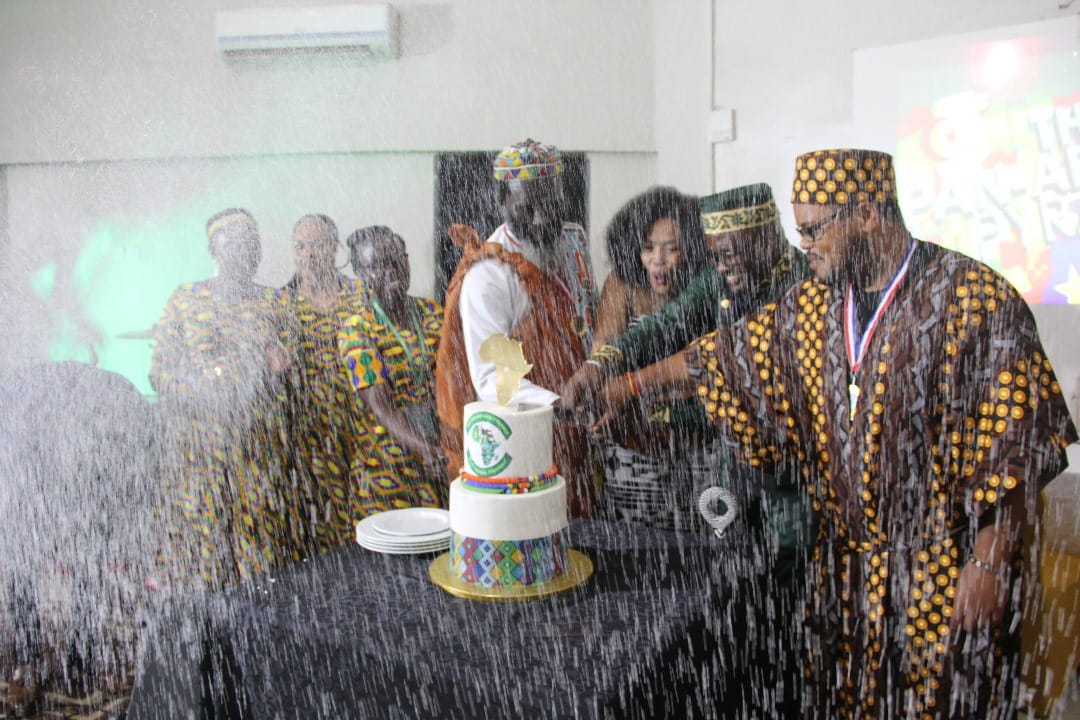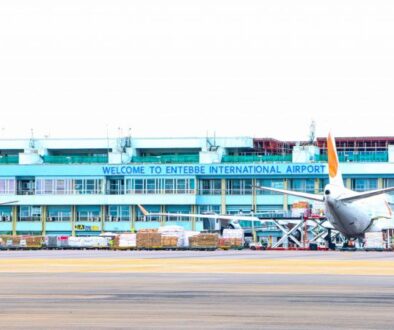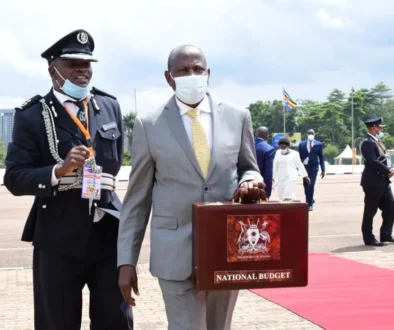Pan-Africanists Make Case For Private Sector
When the private sector is not liberated, it is hard for the economy to grow, Daniel Rugarama, the chairperson of Pan-African Pyramid said on Saturday at the 6th Pan African Pyramid (PAP) Global Awards that took place at Fairway Hotel in Kampala.
“This can be seen in Africa where progressive private sector practitioners have been chased away,” Rugarama, said, elaborating that the private sector is the conduit used to deliver a developing economy.
He said governments must produce affordable electricity, proper roads and railways and the ICTs must be made stable for the private sector to do business.
Rugarama who warned against fragmented markets in Africa expressed despair that there is less than 5% trade between African countries. He is however optimistic that with the coming of the African Continental Free Trade Area (AfCFTA), this will change.
He called on the African countries to add value to whatever they produce instead of exporting raw materials. He said exporting raw materials benefits neocolonialism and capitalism.
In the same spirit, the PAP Speaker, Andrew Irumba Katusabe, asked Africans to protect their natural resources from plundering by neocolonialists-backed organizations like the United Nations and other development partners.
Irumba said: “If only we can understand that if we acted in unison, we can protect that which is ours. We must fight for what is ours. Let us protect our resources.”
Adding: “It’s not true that we’re poor, we’re the ones feeding their economies. They can’t survive without us, we can survive without them.”
Bishop Joshua Marara III Maponga, a Zimbabwean pan-Africanist who was the keynote speaker asked African leaders to resist the West’s terrible policies and initiate their indigenous policies (ubuntu) that can uplift the continent.
”It’s sad that most of your presidents are in leadership to protect white man’s interests. That must stop,” a multi-talented Maponga said in his more than one hour address.
“Africa must realize its potential and make reforms in its political and education systems, adopt science & technology, agriculture, and support local entrepreneurs and through this, poverty and unemployment will be no more in our continent thus development,” noted Maponga.
Cuban Ambassador to Uganda, Tania Perez, said that the good relationship between Africa and Cuba is not enough if there is no unity.
“We have many challenges but our independence depends on unity. Together, we have to face whoever wants to delay the African victory,” Perez said.
At the event, 13 Pan Africanists were recognized and awarded. They include Thomas Tayebwa (Deputy Speaker of Parliament of the Republic of Uganda) who bagged the African Renaissance Award. Bishop Maponga Joshua 111 Marara from Zimbabwean) who got the African Philosopher Award, Ambassador Paul Flynn, an African-Irish got the African Environmental Philanthropist Award and Hamis Kiggundu, a Ugandan got the African Renaissance & Iconic Dev’t Entrepreneur Award.
Also, Kin Kariisa, a Ugandan got the African Transformative Leader (Media & ICT) Award, Shanta Rabadiya, Uganda of Indian origin got the Humanitarian (Ubuntu) Award, Fred Mukasa Mbidde, a Ugandan got the African Renaissance [Civil Rights Lawyer] Award, Richard Byarugaba, a Ugandan got the African Iconic Economist Award and Tabu Daniel Ogwal, a Ugandan got the Humanitarian [Ubuntu] Award.
Others include Martin Luther King Jr., an African American got the Most Distinguished Pan-Africanist Of All Life Times Award, Fidel Alejandro Castro got the Most Distinguished Pan-Africanist Of All Times Award and Prof Lawrence Muganga, the Vice Chancellor of Uganda’s mighty Victoria University scooped the Africa’s Revolutionary Educationist Award.






